How the LIBOR scandal in London affected Asian banks
By Mobasher Zein KazmiThe LIBOR scandal rocked the world of finance last year after reports emerged of gross misconduct by Barclay’s Bank in the submission of LIBOR rates to the British Banker’s Association (BBA). Barclays had been under investigation by authorities for its role in setting the world’s key short term interest rate-the London Interbank Offered Rate (LIBOR) and had to pay total fines of £ 290 million in separate settlement agreements with the Financial Services Authority (FSA), U.S. Department of Justice and Commodity Futures Trading Commission (CTFC).
On July 3rd, 2012 Chief Executive Bob Diamond resigned in disgrace as insider accounts of rate manipulation and fraud began trickling out. Public anger erupted towards financial institutions in general and member banks in particular with the financial press, civil society institutions and pressure groups calling for accountability and reform.
With economies still recovering from the previous banker induced global financial crisis of 2008 the indignation and outrage was understandable.
Theoretically, LIBOR rates are a set of average interest rates London based banks are charged by other banks.
Effectively, it is the benchmark rate used in pricing most derivative products and is presently linked to $350 trillion worth of paper. That figure alone should be enough for the discerning individual to pause and take notice as LIBOR rates impact the amount they pay on their student loans, mortgages and auto-financing products. So when bankers fix rates to improve their bank’s financial position or credit worthiness the banking system’s credibility and transparency is called in to question undermining the entire financial intermediation process.
Established brands are no longer considered trust-worthy and a serious loss of confidence percolates within the system among borrowers and lenders. Bank of England Governor Mervin King correctly pointed out that the principle of ‘my word is my Libor’ is now dead reinforced by Federal Reserve Chief Ben Bernanke who highlighted the structural flaws of the LIBOR system at a Senate hearing last July.
Perhaps, it is time for the People’s Bank of China to step in and take a more active role in the management of global financial markets especially within Asia. The PBOC’s Monetary Policy Committee already determines two key benchmark rates: a one year lending and one year deposit rate.
With the participation of its four largest commercial banks: Bank of China, China Construction Bank, Industrial Commercial Bank of China and Agriculture Bank of China, a structured and tiered lending rate accounting for major Asian currencies at various maturities using actual inter-bank market quotes should be constituted. China should take the lead and invite other leading Asian banks to get involved.
This is becoming necessary for two reasons. One China has become an important player on the world scene dominating trade and investment flows. It is also a regional heavy-weight emerging as the single most important trading partner for many Asian countries and is well-integrated within the Asian financial architecture.
The size of its economy is also bound to overtake the United States by the end of this decade and it will account for 20% of the world’s total output. The 21st century is the Asian century and China should take the lead in managing this transition.
Second, the structural flaws inherent within the LIBOR system remain. Ordering investigations and slapping a few fines appears on surface to be an eye-wash. The FSA notoriously weak regulatory authority and oversight encouraged bankers to engage in such fraudulent behavior in the first place. The British parliament has yet to act on the Wheatley Review’s recommendations.
It is also uncertain how effective the newly proposed Financial Conduct Authority will be in monitoring and preventing irregularities. Options to introduce a new index such as the Bloomberg Interbank Offered Rate using real-time quotes has yet to materialize.
This crisis has revealed the power and depth LIBOR has in impacting financial markets. Asian countries need to protect themselves and act decisively in developing an alternate system that is more grounded and reflective of local economic realities.



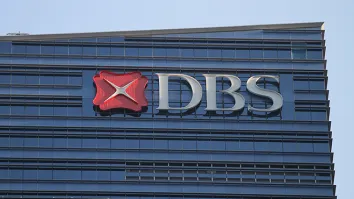


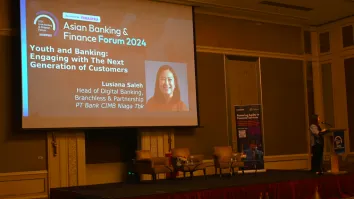

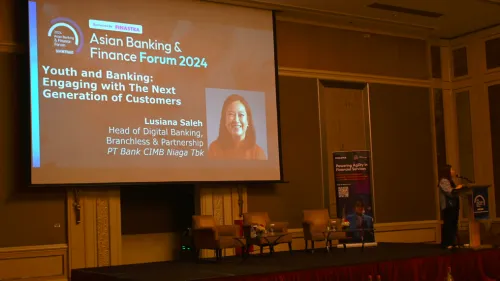

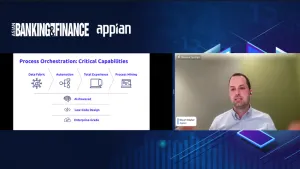
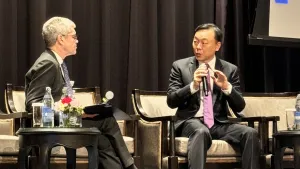




 Advertise
Advertise






